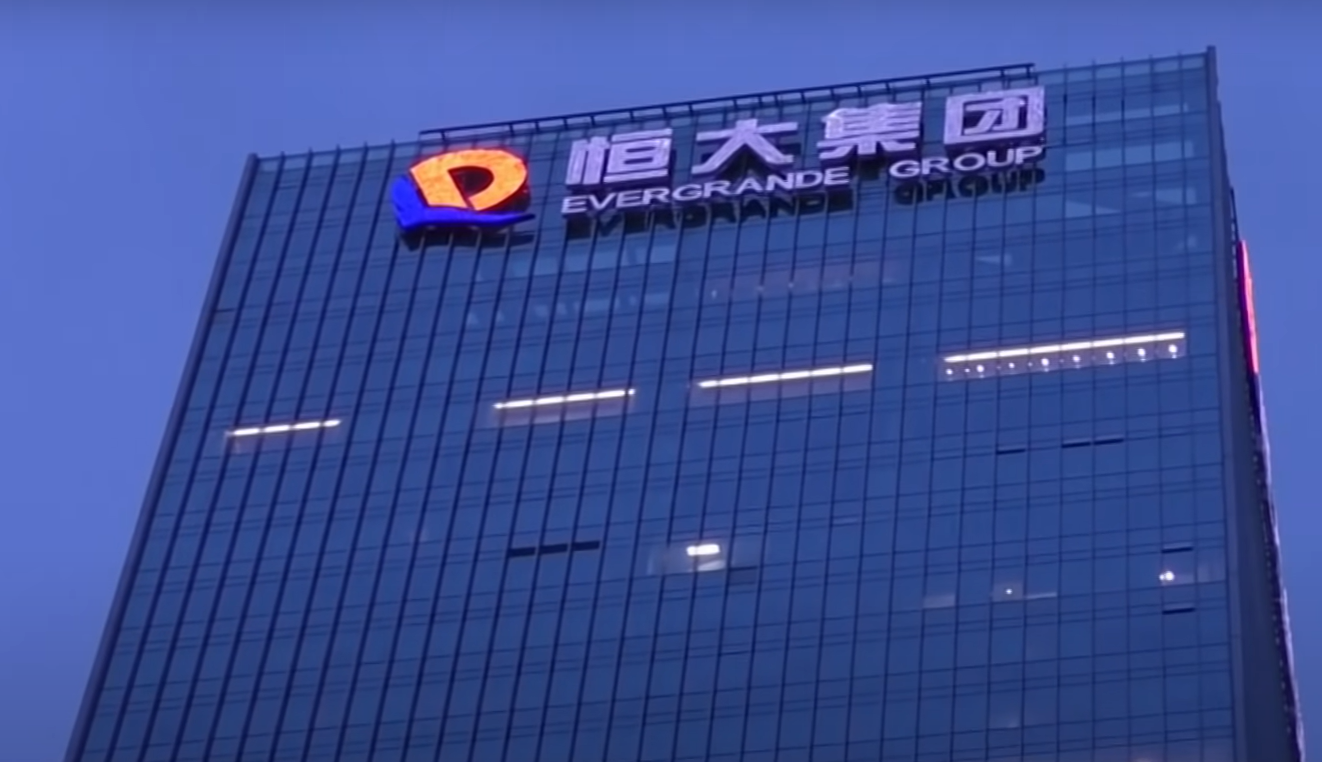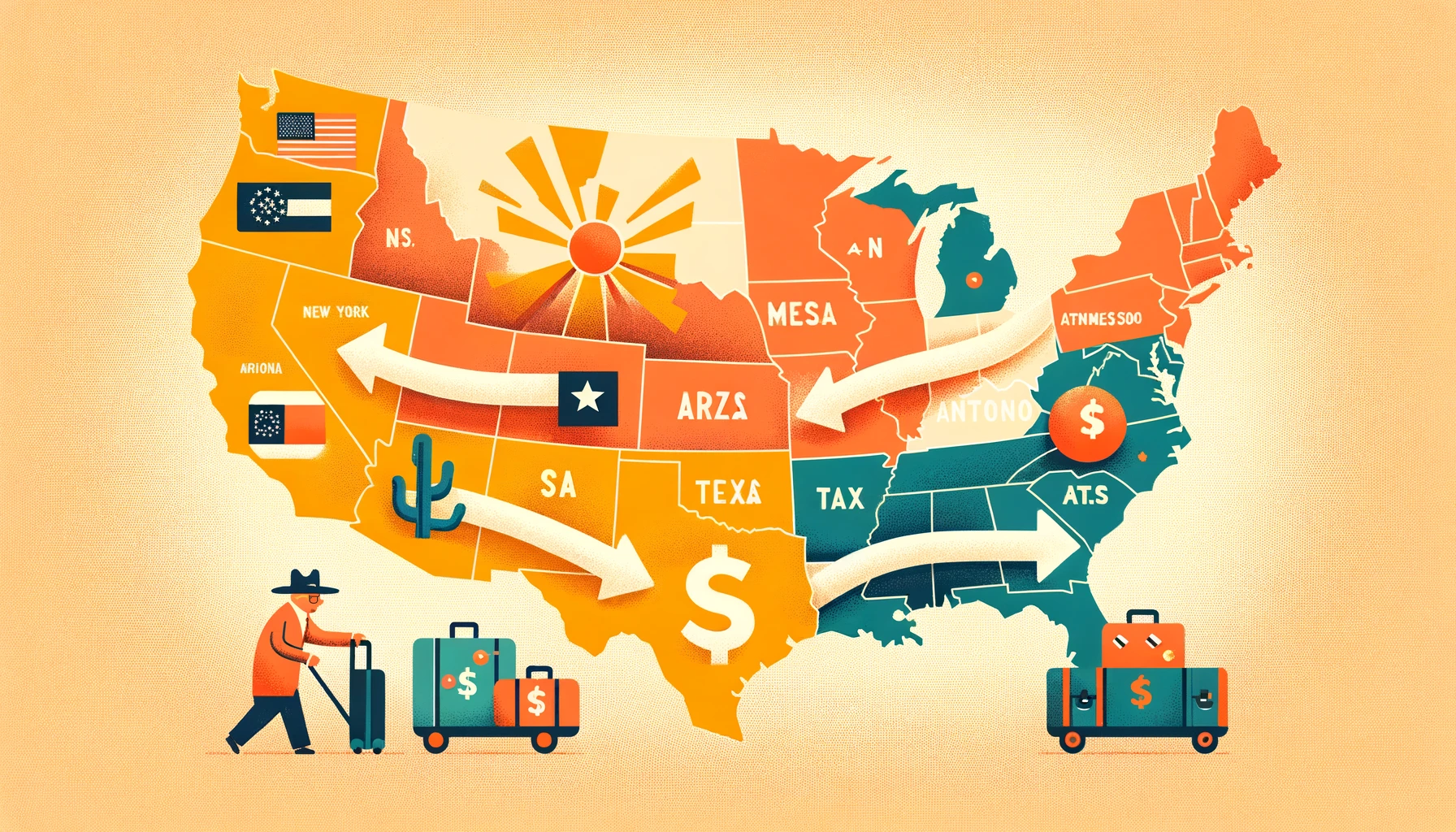The country’s largest banks have reported a huge rise in their non-performing loans, placing them at the center of China’s property crisis. In turn, Beijing pressures for the direction of more financial support towards some “white list” property developers in an effort to bring stabilization in the sector. Yet the Chinese banks claim they have enough reserves to manage the risks arising from this crisis.
The effect has shown in the financial statements of the nation’s largest lenders, reporting a visible rise in non-performing loans.
This is in tandem with a Nikkei review based on recent earnings disclosures, which had indicated that non-performing loans (NPLs) of the top Chinese banks, which include the Industrial and Commercial Bank of China, Bank of China, and China Construction Bank, among others, had surged by 10.4% in 2023, to hit the said levels. NPLs reached 1.23 trillion yuan from 1.117 trillion Chinese yuan (about $155 billion) in 2022.
While profitable the previous year, their profit margins face even more pressure due to the fallout related to China’s real estate debt crisis.
On the other hand, banks have been urged to increase their financing support for property developers that have been identified on a “white list” as deserving of assistance. The realty sector in China has been reeling under turmoil since H2 2021, with Evergrande, once a market leader in China’s real estate market—falling into a severe liquidity crisis.
Evergrande’s fall into liquidation, and other Chinese real estate developers, who are facing similar troubles—some of which have spiraled to defaults in their bond payments—have already sent shockwaves across the world. On the other hand, the Chinese lenders are exhibiting confidence that they will be capable of holding the line against problems for now, bracing for further growth in non-performing loans, with Nikkei pointing out that this is associated with doubt in the wisdom of how some see their lending risks linked to property developers.










Leave a Reply